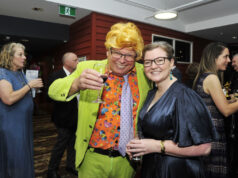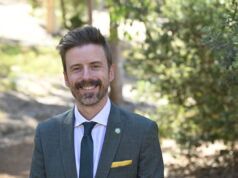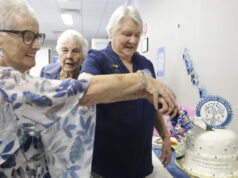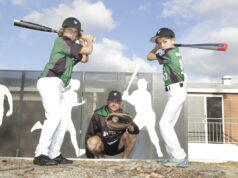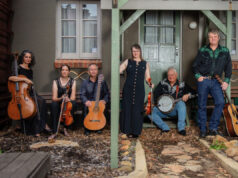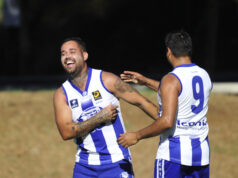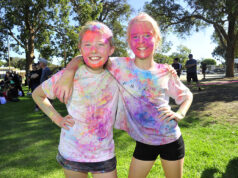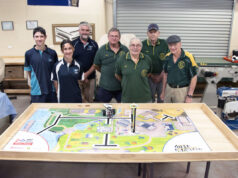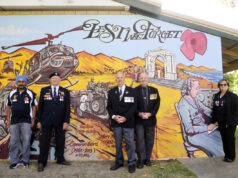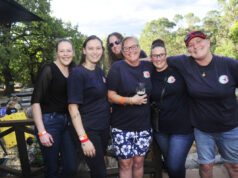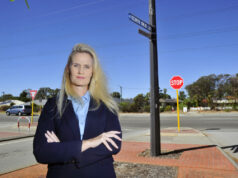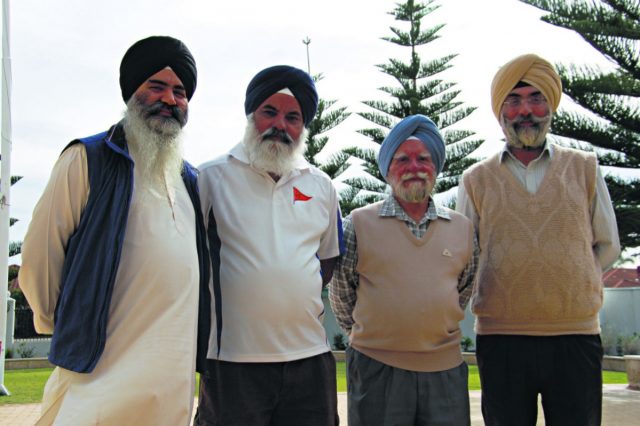
The history of the Sikh religion and Indian culture in WA is not widely known, but it does run deep, with Perth’s current Sikhs now planning to put that history in the limelight.
Sikh Association of WA (SAWA) member Tarun Preet Singh has spent more than a decade tracking down the lives and stories of WA’s Sikh and Indian pioneers, many of who were instrumental in the growth of the state.
“Many people think that Sikhs as a group have been in WA for 40 or 50 years,” Mr Singh said.
“But it’s actually something closer to 150 years. Sikhs have been here for a very long time.
“When towns first started being constructed, there were a lot if Indians, and a lot of them were involved in the camel trains up and down the coast. When people think of the Afghan camel trains, they’re actually thinking of Sikhs.”
Mr Singh and other members of SAWA have worked to bring specific Indian and Sikh names in WA history to the fore, with two Indian ANZACs currently being commemorated at the Sikh Heritage Site in Riverton.
Charles Henry Fairbeard and Nain Singh Sailani were two Indian ANZACs who took part in the European theatre of World War 1.
Unfortunately neither returned home; Fairbeard died of wounds at Gallipolli, while Sailani was killed in action in Belgium in 1917.
Now they have become signifiers of the importance of Indian and Sikh soldiers in WW1 and the progressive formation of WA.
“The Sikh Association has been a part of the Riverton community for about 30 years now.
“The site itself is now heritage listed, so we redeveloped it and have planned to put in plaques to commemorate these important West Australians.”
Mr Singh said the process – which includes communication with the State Government and Department of Veteran’s Affairs – was more than a simple commemoration.
“This activity, what we are trying to do with all of these things is connect with the wider community,” he said.
“We don’t want to be an individual, cloistered group. The Sikh religion is about openness and inclusiveness – anyone is welcome to come here and talk to us. We’re trying to do the same in the community.”
The association admits there are still social issues which have to be overcome to reach inclusion, but that is precisely why they are taking on more responsibility to be visible.
“You know this is still Australia, there is still some ignorant people out there who will stop us on the street or something like that,” Daljit Singh Dhillon said.
“You sometimes still hear the old names, even when we are confused with Muslims but it’s changed a lot in the last 20 years or so.
“People understand the religion and the culture a lot better, and really that’s all that has to be done.”
“As soon as those barriers are broken down, the understanding starts,” Tarun Singh said.

